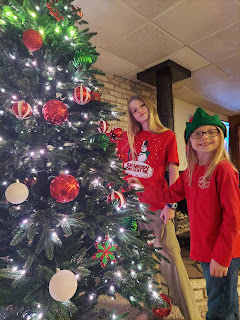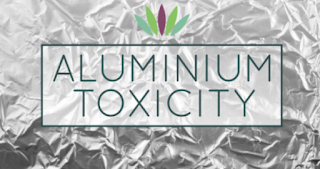YL Purity
Let's talk purity!
It might surprise you, but the term "100% pure essential oil" is not regulated... AT ALL! So as long as the bottle contains any amount of pure essential oil, the company can claim that, despite whatever else is in the bottle.
Now, that doesn't necessarily mean that all other companies are the devil. Some companies sell a decent product, but it doesn't have the same quality of therapeutic action as Young Living. In the world of essential oils, you get what you pay for.
For example, 100 times more lavender is exported from France than is actually grown there. (Read that sentence again.) That is accomplished by adding pure oil from another species of plant to it. Another example is that some companies will add corn mint to peppermint.
Sometimes a company will distill a plant and then distill that oil multiple times to remove what they consider to be harsher constituents (often stronger smells). They end up with a sweeter smelling product but at the expense of action of the oil.
Now, some companies just straight up add alcohol to each bottle to cut the cost. And that is considered perfectly legal, even if the bottle says, "100% pure therapeutic grade essential oil."
How do tell those companies apart? Well, you can research it if you want to. I'm gonna use what I know and trust. I know that when I grab a bottle of Young Living essential oil and use it on my child, I'm using the best. Their Seed to Seal guarantee provides me comfort that all of the contents are what they say, and that there are no chemicals! I refuse to take a chance with my family's health, and I hope you won't either.




Comments
Post a Comment